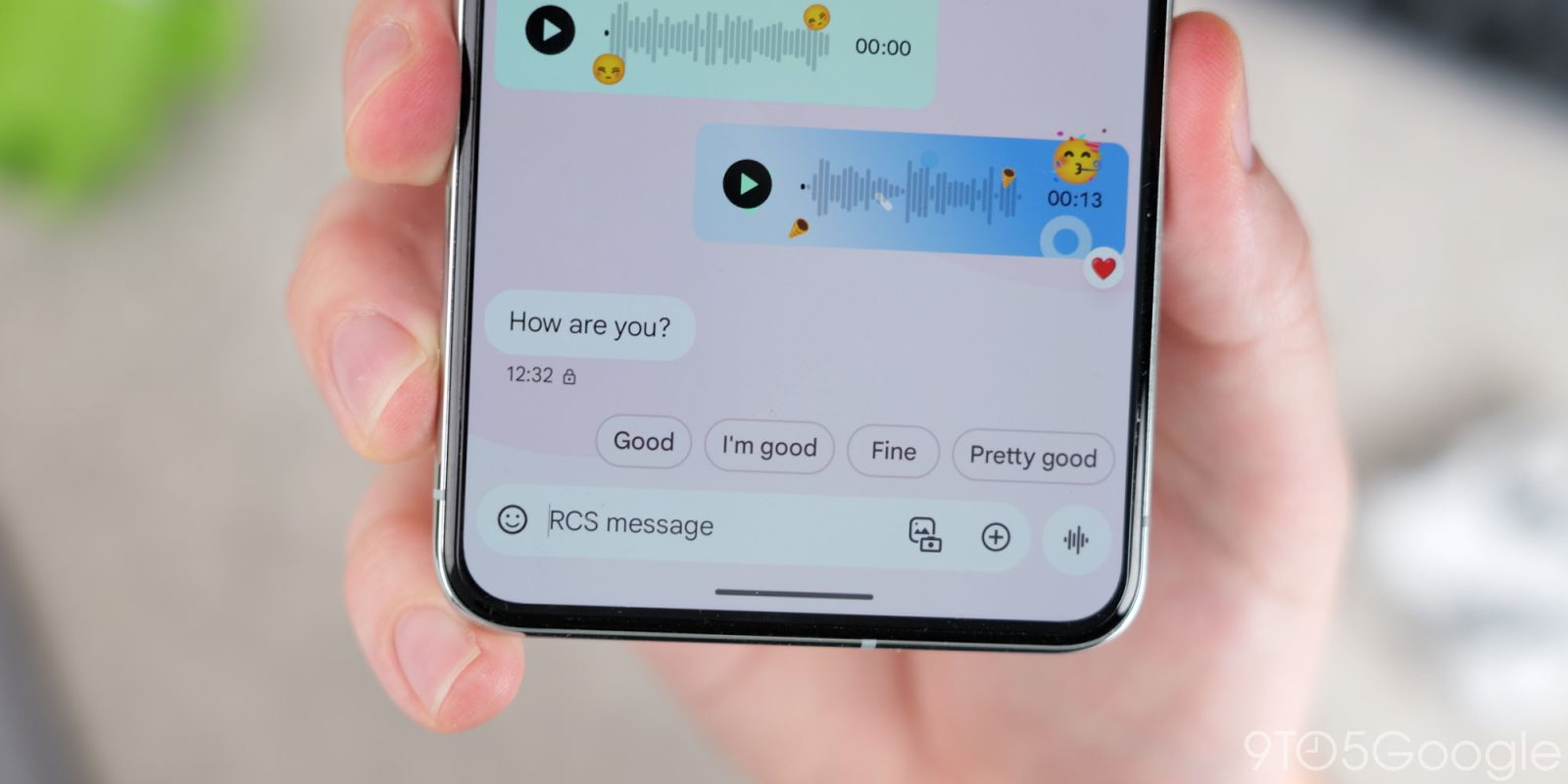Normal view
-
Adweek News
- View the Pitch Deck Tracksuit Used to Raise $25M, Making Brand Tracking Affordable With AI
View the Pitch Deck Tracksuit Used to Raise $25M, Making Brand Tracking Affordable With AI
TikTok is putting the spotlight on songwriters

TikTok will now let songwriters highlight tracks they’ve written or co-written directly on their profiles. The list of songs will live within the “Music” tab on their profile, similar to the one TikTok already offers for artists on the platform. Users who register as songwriters will also get a “Songwriter” label beneath their account name.
These new features build upon some of TikTok’s existing tools for songwriters, including the “New” tag that appears on newly released music and the ability for users to save a song on a music streaming service. TikTok also rolled out a “BehindTheSong” hub in 2023, where songwriters, artists, and producers can share more about the making of their music, in addition to the more recently launched “Off the Record” series with artists like Shakira, Charli XCX, and Meghan Trainor.
Music is a huge part of TikTok, with the platform helping boost the popularity of songs and even drive TikTokers to stardom. It has also worked with artists like Taylor Swift to build hubs to promote their music, and added the ability for users to save songs to their SoundCloud accounts in May. In 2023, it launched a standalone music streaming app, but shut it down in 2024.
For now, TikTok is launching its new songwriter features in a closed beta with a “limited number” of publisher partners. Songwriters and publishers can sign up for a waitlist to gain access to these features in the future.
TikTok is adding features for songwriters to its app
Publicis Upgrades 2025 Guidance Following Mars and Paramount Wins
Google Messages testing RCS’ new MLS encryption, Details page redesign
Back in March, cross-platform end-to-end encryption (E2EE) for RCS was announced, and Google Messages is beginning to test the new Messaging Layer Security (MLS) protocol.
more…TSMC profit surges 61% to record high fueled by AI chip demand
AI-generated music is going viral. Should the music industry be worried?
-
Latest Tech News from CNBC
- Meta and Google are laying a web of globe-spanning subsea cables. We found out what's involved
Meta and Google are laying a web of globe-spanning subsea cables. We found out what's involved
Jack Dorsey pumps $10 million into a nonprofit focused on open-source social media
Apple News+ adds a new game that uses emoji and Genmoji to sovle puzzles
Digiday+ Research: Publishers identify the top trends among Gen Z readers
Interested in sharing your perspectives on the media and marketing industries? Join the Digiday research panel.
Gen Z — it’s a group that can feel like an elusive, rare species to today’s publishers. How do these young adults get their news? And are they even consuming news at all in the traditional sense?
This is a member-exclusive article from Digiday. Continue reading it on digiday.com and subscribe to continue reading content like this.
Epic Games to rework Fortnite IP rollouts following creator backlash
After protests from creators over a delay in the launch of Fortnite’s official “Squid Game” integrations, Epic Games has said it will better coordinate future IP rollouts to align with the original properties’ release dates.
“Squid Game” is Netflix’s most popular series of all time, but you wouldn’t know it from looking at Fortnite. The platform is currently devoid of any creator-made “Squid Game” experiences — and not due to any lack of interest on creators’ part. Creators on one of the top gaming platforms are currently unable to monetize what has become one of the world’s most prominent media properties during the hype period following its June 27 release.
Fortnite has long been home to fan-made “Squid Game” islands, with titles like “Octo Game 2” and “Squid Guys” building organic audiences on the platform since the first season dropped in September 2021. But after Epic Games announced an official “Squid Game” licensing agreement with Netflix last month, the company started to crack down on these unlicensed experiences, removing them from the platform entirely. So far, the only sanctioned integration is a “Squid Game” section within “Reload,” an experience created in-house, not by the creator community.
Continue reading this article on digiday.com. Sign up for Digiday newsletters to get the latest on media, marketing and the future of TV.
-
Digiday
- Instagram offers a new guide to advertisers to convince them to try out its creator marketplace
Instagram offers a new guide to advertisers to convince them to try out its creator marketplace
Instagram is ramping up efforts to drive interest in its Creator Marketplace with a brand new, 26-page how-to document for marketers — aimed at making the whole process quick and painless. All they need is a business account and access to Meta’s business suite to get the ball rolling.
In July 2022, Instagram started testing its initial marketplace feature, but it was only available on an invite-only basis to select business and creator accounts. Three years later, the image-based platform has opened the doors to what the set-up guide describes as “the best place for brands to discover and evaluate creators for partnership ads”. As the guide states: “you will learn how to access creator marketplace, and discover, evaluate, and connect with creators for your next campaign.”
Having seen the importance of creators to Instagram, it’s no surprise that Meta wants to go one step further and make the collaboration between brands and creators as seamless as possible. And it probably helps that the feature helps keep Instagram in line with its main platform competitor TikTok and its own creator marketplace.
Continue reading this article on digiday.com. Sign up for Digiday newsletters to get the latest on media, marketing and the future of TV.
Media Briefing: AI is the new middleman, and it’s coming for the browser
This week’s Media Briefing looks at the rise of the AI browser war, and what this means for publishers who are already feeling the pressure of declining referral traffic due to AI search tools.
- AI browsers could accelerate the decline of search traffic, and push publishers to find more ways to make money from AI companies, execs said.
- Google Discover adds AI summaries, Washington Post creates new “Futures” team, and more.
What the AI browser war means for publishers
Some days, it feels like publishers are stuck inside a disintermediation hamster wheel.
This is a member-exclusive article from Digiday. Continue reading it on digiday.com and subscribe to continue reading content like this.
-
Digiday
- Overheard at Digiday’s CTV Ad Strategies event: Streaming is reaching 50% of all upfront dollars
Overheard at Digiday’s CTV Ad Strategies event: Streaming is reaching 50% of all upfront dollars
The 2025 upfront season is starting to wrap, with sources claiming digital is on the precipice of dominating spend, bringing a new paradigm to negotiations.
It’s one where sellers’ ability to offer granular measurement of ROAS, and decipher how CPMs are structured, matters as much as the stars of a primetime show when it comes to winning the lion’s share of advertiser budgets. As ad spend on streaming prepares to surpass media investment on linear TV at the upfront negotiations, this is especially the case.
Earlier this week, such debate dominated Digiday’s first-ever CTV Ad Strategies event, hosted in midtown Manhattan, where attendees voiced their frustrations about the fusion of these previously distinct worlds, as well as their successes.
Continue reading this article on digiday.com. Sign up for Digiday newsletters to get the latest on media, marketing and the future of TV.
Apple News+ launches clever new ‘Emoji Game’ for iOS 18.4 and later
Apple is expanding its collection of Apple News+ Puzzles with yet another new game. This time, Apple is tapping into something we all know and love: emoji.
The new Emoji Game was initially announced as part of iOS 26 at WWDC. The game, however, is now rolling out to all iPhone users running iOS 18.4 and later as well as iPadOS 18.4 and macOS 15.4.
more…-
Latest Tech News from the Financial Post
- Brussels stalls probe into Elon Musk’s X amid US trade talks
Brussels stalls probe into Elon Musk’s X amid US trade talks
The Wah Wah rocked Jimi Hendrix’s world
9to5Mac Daily: July 16, 2025- iPhone display rumors, more
Listen to a recap of the top stories of the day from 9to5Mac. 9to5Mac Daily is available on iTunes and Apple’s Podcasts app, Stitcher, TuneIn, Google Play, or through our dedicated RSS feed for Overcast and other podcast players.
Sponsored by 1Password: For a limited time, get $20 off the easiest way to stay secure online with 1Password—featuring a new passkey feature that lets you go passwordless on compatible apps and sites.



